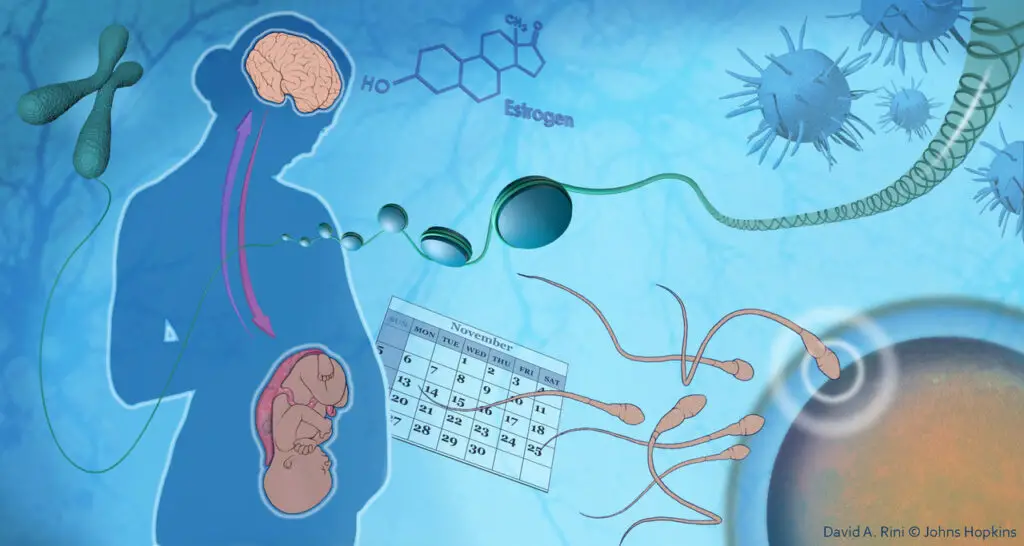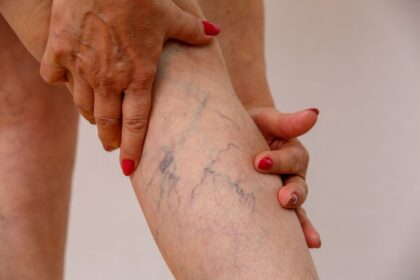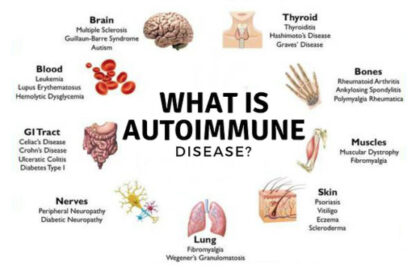In a heartfelt and powerful revelation, renowned actress Sharon Stone has opened up about her deeply personal struggle with reproductive health. Stone’s disclosure of experiencing nine miscarriages sheds light on a pressing issue that affects countless women worldwide.
Her candid statement serves as a wake-up call to prioritize women’s reproductive health and underscores the urgent need for improved support systems and awareness.
Miscarriages, the spontaneous loss of a pregnancy before the 20th week, are more common than often acknowledged. They can be emotionally devastating for women and their partners, impacting their overall well-being and mental health.
Stone’s willingness to share her personal experiences not only humanizes this often stigmatized topic but also invites a much-needed conversation about the challenges women face in their reproductive journeys.

“We, as females
don’t have a forum to discuss the
profundity of this loss. I lost nine
children by miscarriage. It is no
small thing, physically nor
emotionally yet we are made to
feel it is something to bear alone
and secretly with some kind of
sense of failure. Instead of
receiving the much needed
compassion and empathy and
healing which we so need. Female
health and wellness left to the care
of the male ideology has become
lax at best, ignorant in fact, and
violently oppressive in effort.”
Stone’s powerful statement highlights the need for increased research, medical attention, and emotional support for women during the delicate and vulnerable stages of pregnancy. By openly discussing her own struggles, she encourages other women to break their silence, seek help, and find solace in knowing they are not alone.
Reproductive health is a multidimensional issue that encompasses physical, emotional, and mental well-being.
The impact of miscarriages goes beyond the physical loss of a pregnancy. It can lead to a range of emotions such as grief, guilt, anxiety, and even depression. These emotional challenges are often overlooked or dismissed, leaving women to navigate their pain in isolation.
Stone’s revelation emphasizes the importance of comprehensive care that addresses both the physical and emotional aspects of reproductive health. Healthcare systems need to adopt a holistic approach, providing not only medical support but also mental health services tailored to the unique needs of women going through miscarriages or struggling with infertility.
Furthermore, society as a whole must strive to eradicate the stigma surrounding reproductive health issues. Open dialogue and support systems are crucial for creating an environment where women feel safe to share their experiences and seek help without fear of judgment.

Sharon Stone’s brave disclosure serves as a rallying cry to policymakers, healthcare providers, and communities worldwide. It reminds us all that women’s reproductive health is not an isolated issue but a fundamental aspect of overall well-being.
It urges us to take action, investing in research, education, and accessible healthcare to ensure that no woman feels alone or neglected during her reproductive journey.
By embracing empathy and understanding, we can foster a culture that prioritizes women’s reproductive health and dismantles the barriers that prevent women from receiving the care they deserve.
As we applaud Sharon Stone’s courage and honesty, let us also reflect on the countless women who silently endure the challenges of reproductive health.
Together, we can create a future where women receive the support they need, where miscarriage is not shrouded in shame, and where reproductive health is prioritized as a fundamental right for every woman.
Here Are Natural/Non-Invasive Ways To Enhance Your Fertility & Boost Your Reproductive Health
New breakthroughs are on the rise for reproductive health in women and men using Red light therapy and near-infrared light therapy, also known as photobiomodulation. Studies show that nearly 25% of “severely infertile” women conceived after treatment with red light therapy. Women who were not “severely infertile” had higher rates of conception.
Red light therapy involves exposing the body to low-level red and near-infrared light wavelengths, which can penetrate the skin and reach deeper tissues. It is believed that these light wavelengths can stimulate cellular function and promote healing and regeneration in the body.
When it comes to fertility, red light therapy may potentially offer benefits by improving blood circulation, reducing inflammation, and supporting hormonal balance. Enhanced blood flow to the reproductive organs can promote the delivery of oxygen and nutrients, optimizing their function.
Click Here To Try Mito Red Light Therapy Devices
Fertility Vitamins for Women
- Folic Acid (Vitamin B9) Reduces the risk of neural tube defects for the baby. It’s been shown to increase fertility rates as well.
Click Here To Try Micro-Ingredients Folic Acid - Vitamin E Works to repair cells, which is what makes it so effective as a fertility vitamin. Essential nutrient for ovaries and also acts as an anti-aging antioxidant.
Click Here To Try Micro-Ingredients Vitamin E - Vitamin D Though the best way to get vitamin D is with healthy exposure to sunlight, these days it’s common to be deficient. Micro Ingredients Vitamin D Supplement is a great way to get your daily dose.
Click Here To Try Micro-Ingredients Vitamin D - Fish Oil Omega 3 fatty acids (usually taken in the form of fish oil pills) have been shown to improve female fertility. It can increase egg quality, which is important for conception.
Click Here To Try Micro-Ingredients Fish Oil - Coenzyme Q10 (CoQ10) Coq10, a naturally occurring compound, has been shown to increase fertility by optimizing egg quality and thickening the uterine lining.
Click Here To Try Micro-Ingredients CoQ10 - Selenium This micronutrient can help promote healthy uterine follicles, which is where the eggs are developed and released. Selenium deficiencies may lead to gestational complications, miscarriages and may damage the nervous system of the developing fetus.
Click Here To Try Global Healing Center Selenium






